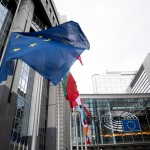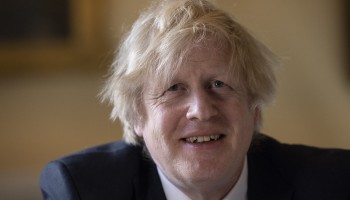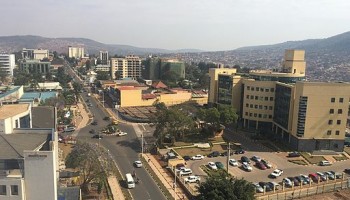At issue is the Anti-Money Laundering Directive (AMLD), and the group wants the EU to demand that companies registering offshore identify who is actually behind them. They say hiding this information allows almost $70 billion a year in dirty money to flow in and out of developing and emerging economies in Europe.
Raymond Baker, the president of Global Financial Integrity (GFI), says, “There is a tremendous amount of illicit capitol flowing into and out of Eastern Europe, and anonymous shell companies are one of the main reasons why.”

“British Prime Minister David Cameron set a new global standard last fall when he committed the United Kingdom to creating a public registry of the true, ultimate owners of all companies in the UK. It is now time for the full European Union to decide if it will rise to that standard,” he added.
The EUObserver, an online news service, says that “If implemented correctly, a revised AMLD could have a tremendous impact on the battles against corruption, drug trafficking, tax evasion and a slew of other criminal activities all currently facilitated by the ease in which money can still be laundered in Europe today.”
According to the EUObserver, not registering true ownership information allows organized crime groups to launder money through shell companies with relative ease, while making it hard for other businesses to know who they are dealing with.
According to GFI, US$68.9 billion flowed illegally in and out of developing EU countries in 2011. The group also said that US$48.1 billion of capital and assets was smuggled into Bulgaria, Croatia, Latvia, Lithuania, Poland, and Romania in 2011.
The non-profit advocacy organization urged the European Parliament voting on the AMLD to draft a new law creating public registries depicting true ownership.
By making this information available to the public, “the EU would achieve the ‘gold standard’ of transparency,” said GFI.
In a report published in December, GFI said that from 2002 to 2011 developing countries lost US$5.9 trillion to “illicit outflows,” which they define as cross-border fund transfers that are illegally earned, transferred, or utilized.





